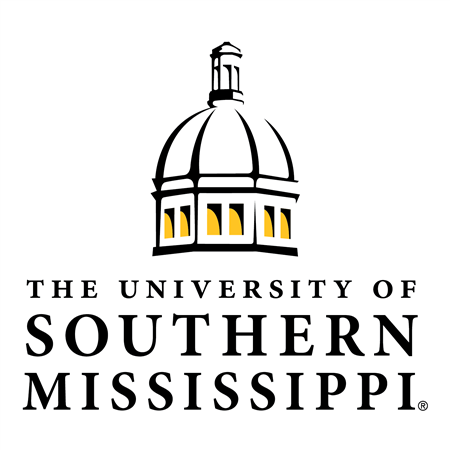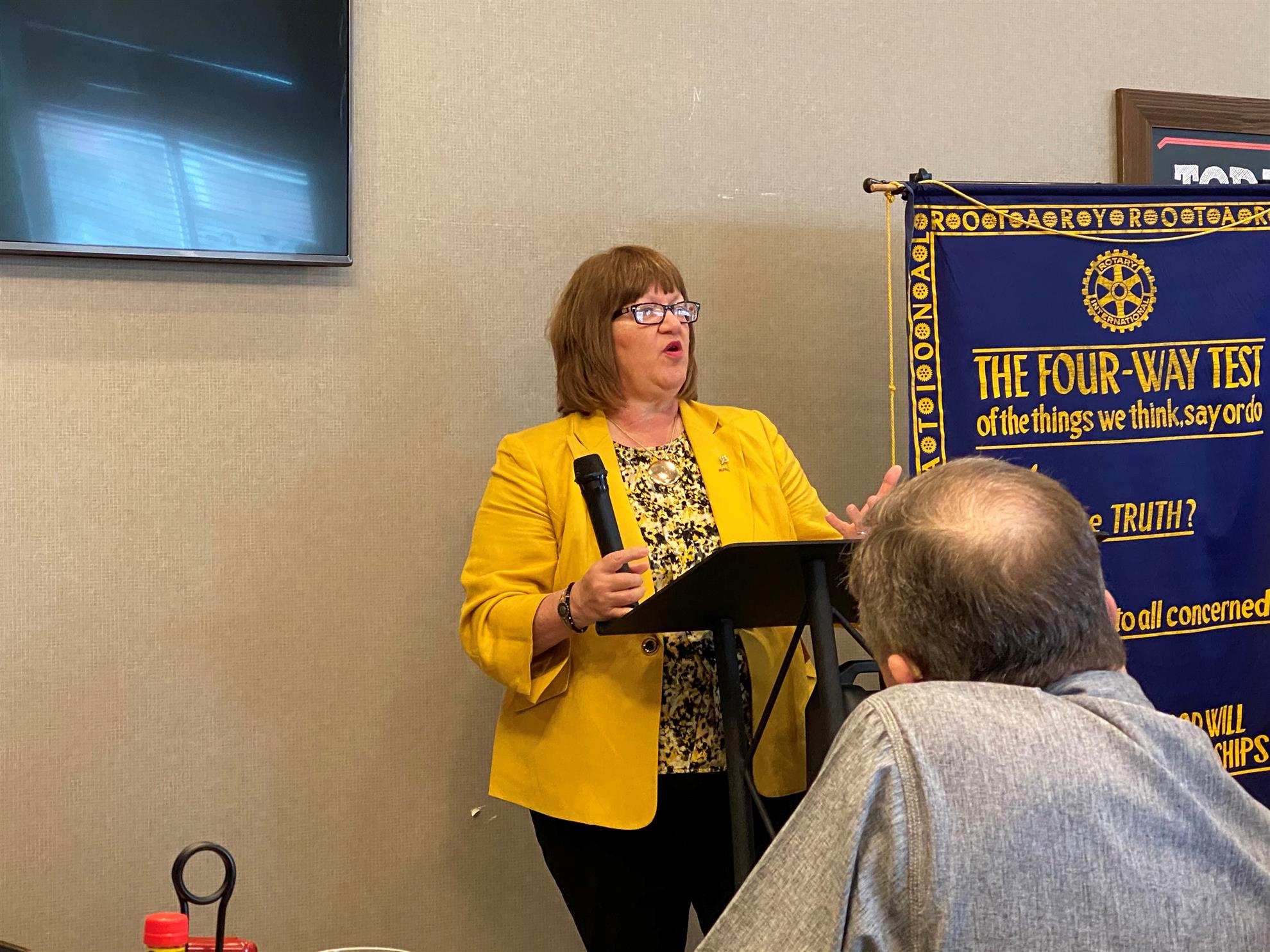

Many thanks to our guest, Dr. Marti Jordan, for providing our program last Tuesday.
President Steven Utroska presided over today’s meeting. Steven provided the invocation and Sean Priebe led the club in the Pledge of Allegiance.
Steven reminded members that volunteers are needed to work the Hub Fest event coming up on March 28. Shifts are in four-hour increments, but if you can only work two hours, he still asks for club members to sign up.
Utroska also noted that volunteers are needed for the Meals on Wheels project. Volunteers are needed immediately for the next three weeks. He then announced that Holiday Inn is hosting a customer appreciation day Wednesday, March 11, from 5:00-7:00 p.m.
Michael McPhail thanked those who helped with today’s meeting. He then introduced our guests. Robert Deming and Aaron Brock are guests of Steven Utroska.
Lachel Story then introduced today’s guest speaker, Dr. Marti Jordan. Dr. Jordan travels to different hospitals and health care facilities teaching staff about cybersecurity.
Cybersecurity is important because it encompasses everything that pertains to protecting our sensitive data, personally identifiable information, protected health information, personal information, intellectual property, data, and governmental and industry information systems from theft and damage attempted by criminals and adversaries.
Simple firewalls and antivirus software are not enough now. Cyber threats can come from any level of your organization. You must educate your staff about simple social engineering scams like phishing and more sophisticated cybersecurity attacks like malware designed to steal personal data.
Ransomware is a type of malware that threatens to publish the victim's data or block access to it unless a ransom is paid. Ransomware attacks are typically carried out using a Trojan that is disguised as a legitimate file that the user is tricked into downloading or opening when it arrives as an email attachment.
If you suspect that an email or text message you received is a phishing attempt:
- Do not open it. In some cases, the act of opening the phishing email may cause you to compromise the security of your personal information
- Delete it immediately to prevent yourself from accidentally opening the message in the future.
- Do not download any attachments accompanying the message. Attachments may contain malware such as viruses, worms or spyware.
- Never click links that appear in the message. Links embedded within phishing messages direct you to fraudulent websites.
- Do not reply to the sender. Ignore any requests the sender may solicit and do not call phone numbers provided in the message.
How to protect yourself? Network security: Firewalls, Anti-virus programs, Network security programs. Protect all your devices and use up to date programs.
Top Tips:
- Never click on attachments in emails
- Never open attachments in emails or websites
- Watch your devices
- Never use Public Wi-Fi
- Use strong passwords
- Do not use the same password for more than one account
- Do not leave your computer open in public places
- If you suspect a hack, immediately shut down your computer and notify your I.T. department.
There being no further business to come before the club, Steven thanked today’s speaker and adjourned the meeting with our motto: “Service Above Self.”